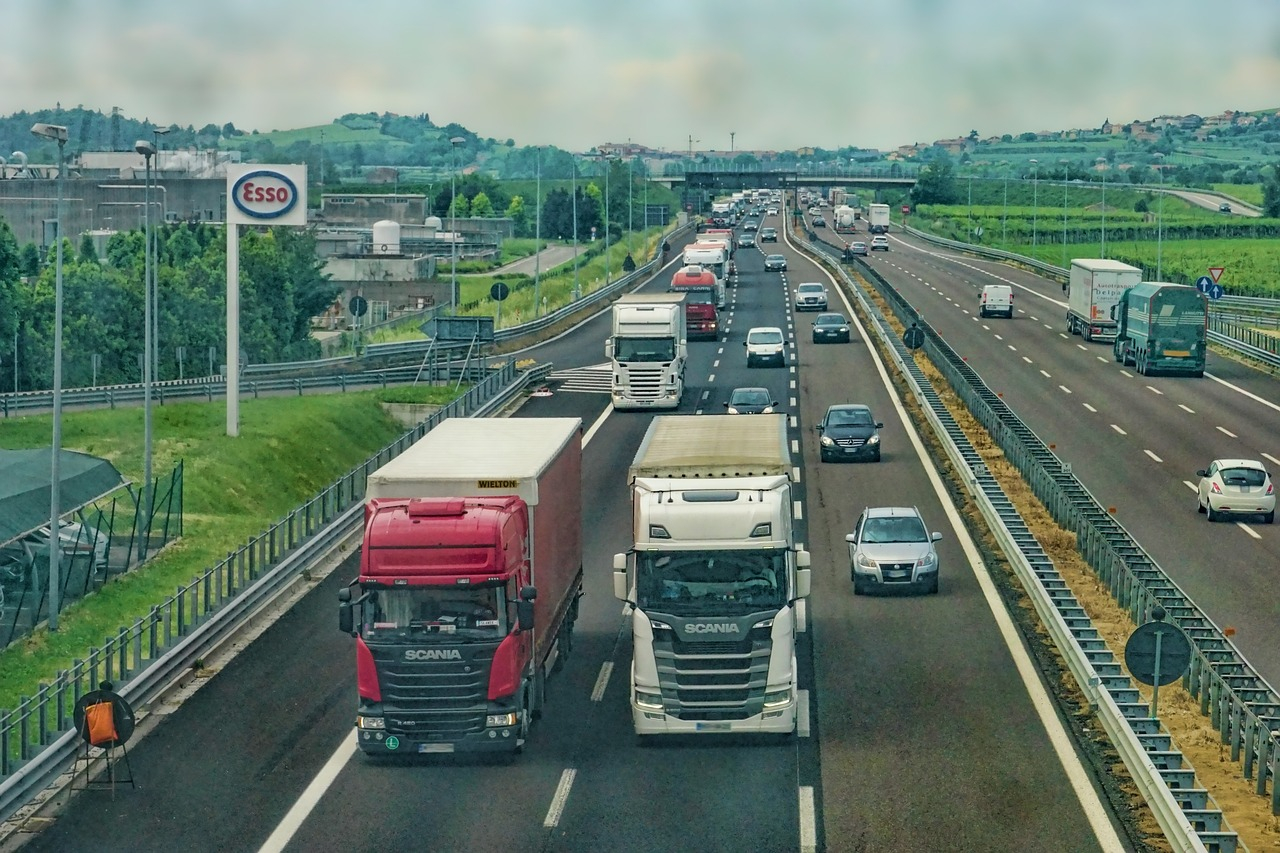Maximizing storage space
One of the key benefits of FIBCs is their ability to maximize storage space, both during transportation and warehousing. Unlike traditional rigid containers, such as drums or bins, FIBCs can be stacked on top of each other, utilizing vertical space efficiently. This feature is particularly advantageous for industries dealing with limited storage capacity or those looking to optimize warehouse layouts.
Furthermore, FIBCs are collapsible, meaning they can be folded or rolled when empty, reducing storage requirements when not in use. This flexibility in storage options allows companies to adapt to fluctuating inventory levels and seasonal demands without the need for additional warehouse space.
Reducing transportation costs
Transportation costs are a significant consideration for businesses involved in the movement of bulk materials. FIBCs offer several advantages over traditional packaging methods that contribute to cost savings in transportation. Their lightweight design means that FIBCs themselves add minimal weight to shipments, reducing fuel consumption and transportation expenses.
Additionally, FIBCs can be transported in larger quantities compared to rigid containers due to their space-saving design. This results in fewer trips required to transport the same volume of goods, further lowering transportation costs and carbon emissions. The ability to transport more material in fewer trips also translates to reduced wear and tear on vehicles and decreased maintenance costs over time.
Enhancing handling efficiency
Efficient handling of materials is essential for minimizing downtime and maximizing productivity in manufacturing and distribution facilities. FIBCs are designed with handling efficiency in mind, featuring integrated lifting loops or straps that facilitate easy loading and unloading using forklifts or overhead cranes.
Moreover, FIBCs can be filled and emptied quickly and safely, reducing labor requirements and minimizing the risk of workplace injuries. Their flexible construction allows for easy manipulation, enabling workers to position FIBCs precisely where they are needed, whether it be on a production line or in a storage facility.
Promoting sustainability
In today's environmentally conscious business landscape, sustainability is a top priority for many companies. FIBCs offer several sustainability advantages compared to traditional packaging materials, such as cardboard boxes or wooden crates. Firstly, FIBCs are reusable and durable, with a typical lifespan of several years.
Furthermore, FIBCs can be recycled at the end of their life, with many manufacturers offering take-back programs to ensure responsible disposal. By choosing FIBCs over single-use packaging options, companies can significantly reduce their environmental footprint and contribute to a circular economy - super sacks.
Flexible Intermediate Bulk Containers (FIBCs) represent a versatile and efficient solution for companies seeking to enhance their operations while minimizing costs and environmental impact. From maximizing storage space to reducing transportation costs and promoting sustainability, FIBCs offer a range of benefits that can positively impact the bottom line. By embracing FIBCs, businesses can optimize their supply chain, improve handling efficiency, and demonstrate their commitment to sustainability in an increasingly competitive marketplace.
As industries continue to prioritize efficiency and sustainability, the adoption of FIBCs is likely to increase, driving innovation and further improvements in packaging and logistics practices.

